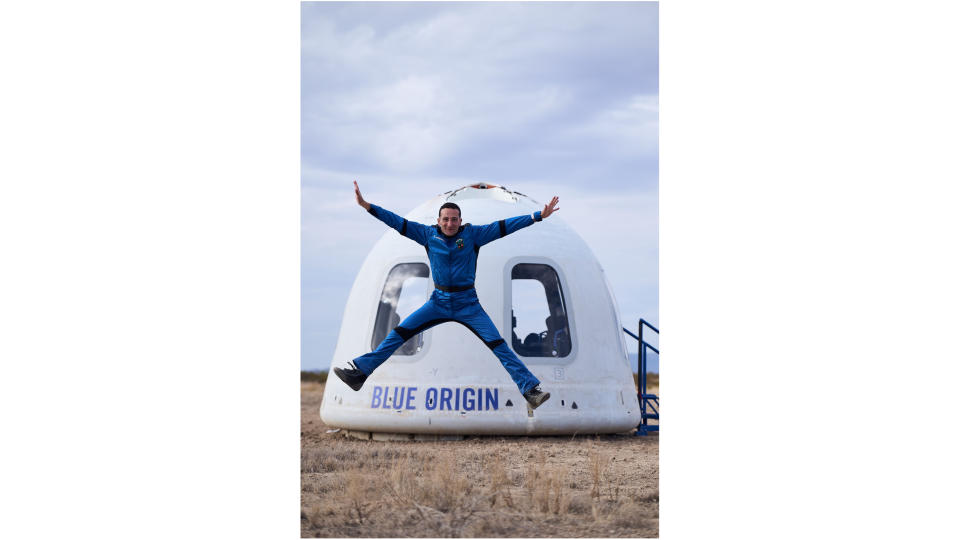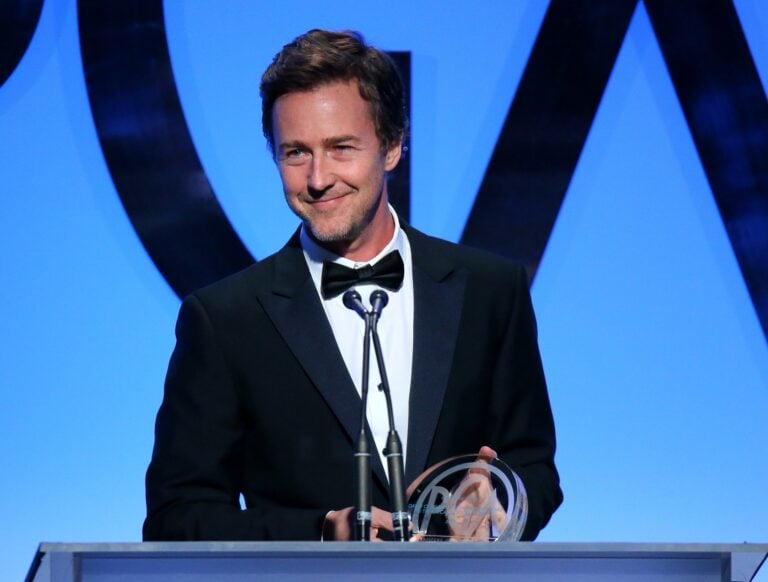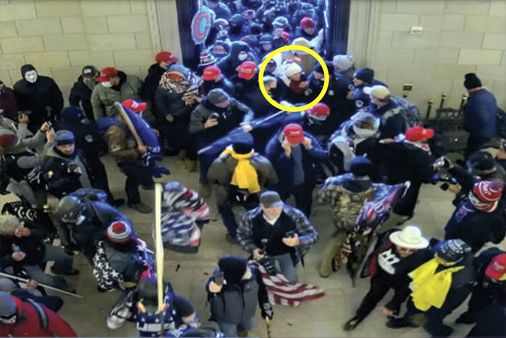CHICAGO − From Julia Louis-Dreyfus to John Legend, Octavia Spencer to Leon Bridge, the stars will be out for this week’s Democratic National Convention, and with good reason: A new Harvard University study shows that celebrities and influencers can play a major role in, well, influencing voters.
“This is just how our information ecosystem works now,” said Ashley Spillane, the study’s author and former leader of Rock the Vote.
Celebrity endorsements already encourage consumers to buy specific cars, eat at particular restaurants or wear certain clothing. Using them in politics is merely an extension of that, Spillane said.
Both parties use celebrities to reach potential supporters and engage voters. During last month’s Republican National Convention, organizers featured Hulk Hogan, Kid Rock and Jason Aldean. Celebrities can use their influence in ways ranging from registering voters to endorsing specific candidates, and lending their audiences to candidates to help raise money.

Republicans earlier this year signaled their fear of what could be the most powerful celebrity endorsement of all, Taylor Swift, who has supported some Democrats in her home state of Tennessee while also criticizing Republican presidential nominee Donald Trump.
Sign-up for Your Vote: Text with the USA TODAY elections team.
Trump in July griped about Vice President Kamala Harris’ star-studded Atlanta rally that featured a performance by rapper Megan Thee Stallion and an appearance from rapper Quavo.
“I don’t need concerts or entertainers, I just have to MAKE AMERICA GREAT AGAIN!!!” Trump wrote on his TruthSocial network. His comments came a week after Kid Rock, Lee Greenwood and Brian Kelley performed during the Republican National Convention in Milwaukee, where Trump accepted the party’s presidential nomination.
Spillane interviewed 15 managers, publicists, advisors and celebrities for her study, reflecting the experiences of Swift, Hailey Bieber, David Dobrik, Billie Eilish, Trevor Noah, Kerry Washington and Questlove.
“While some polling shows that people claim they aren’t influenced by celebrity voices when it comes to politics, more rigorous evidence indicates that these voices are incredibly powerful,” Spillane found.
After an Instagram post by Swift last fall, a record of more than 30,000 people signed up through Vote.org during National Voter Registration Day, many of them teens who will be eligible to vote in this fall’s election. Among the top states for those new registrations: Texas, California, New York, Illinois and Florida.
Experts say celebrities, if they want to stay out of partisan politics, can still play an important role in encouraging first-time voters by helping them understand how to register and cast a ballot. Research shows many young people don’t vote simply because they don’t understand the process.
Youth voting turnout has long been a concern for experts who note that millions of potential voters just don’t bother: In the 2020 election, about 48% of eligible voters ages 18 to 29 cast a ballot, compared with 73% of people ages 65 to 74. In 2016, only about 40% of young people voted.
Swift fans interviewed by USA TODAY said they wouldn’t blindly follow any endorsements she made, but that her music and success give her opinion significant weight.
True or false? Sign up for USA TODAY’s Checking the Facts newsletter.

“When you have someone registering 30,000 votes at a time, it absolutely can have an impact,” Andrea Hailey, CEO of nonpartisan Vote.org, told USA TODAY earlier this year.
Celebrities who endorse specific candidates may risk alienating fans, but Spillane said many fans see endorsements as the natural extension of their brand. Swift, for instance, has long sung about sexism, gender-based double standards and how it’s possible to be both kind and strong simultaneously.
The idea, said Spillane from the Ash Center for Democratic Governance and Innovation at the Harvard Kennedy School, is that celebrities can help voters realize that it’s “culturally acceptable” to care about politics.
Further, she said, people who vote become influencers in their own right: Politicians tend to respond most often to people who actually vote.
“You’ve got to be on the voting rolls to be a person that candidates care about,” she said.


